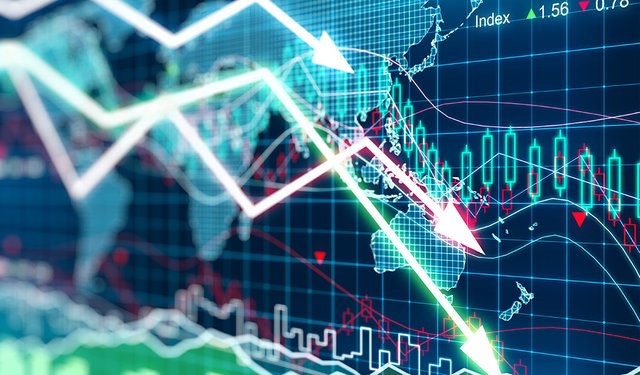The pioneers of behavioral economics, the fact that economic agents are people, and that economic models need to cooperate with it, they say, are the most important impact of these studies. But what economic agents give economic intelligence?

There are many researches on cognitive biases, nudging effect game theory, bandwagon effect, framing effect, law of diminishing returns, but the focus of behavioral economics is focused on our decision-making mechanisms. It explores how the decision-making mechanism works, especially in the context of uncertainty and inadequate knowledge.
According to traditional economics, the individual decides a purely material interest-oriented decision, but according to the results of behavioral economists' theory of ultimatum, people can push their material interests aside.

If we give an example from the research we can explain; 2 participants are taken to the room together and one of them is said to be given 20 dollars. The chosen person has the right to share these 20 dollars as he wishes, but the only requirement to leave the room with this money must be approved by both parties.
Looking at the results, if the selected participant's rate is below 20 percent, the other participant does not accept the offer. that is, it doesn't decide emotionally and look at the material interest.
Posted from my blog with SteemPress : https://buggersteemit.000webhostapp.com/2019/03/overview-of-behavioral-and-traditional-economics